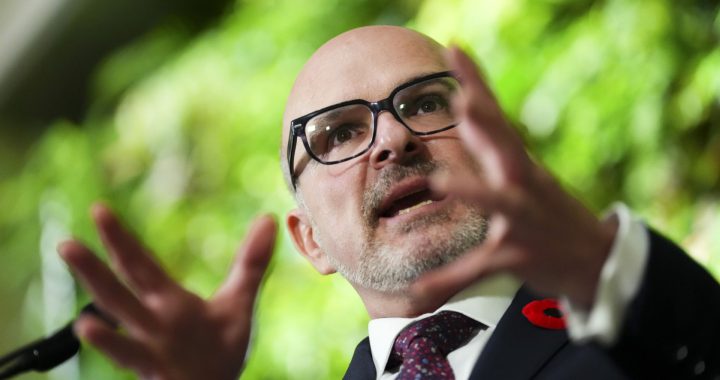The country music industry, south of the Medicine Line, has long been known as an old boys club where representation from women is massively underrepresented.
It’s no better in Canada, especially if you’re a woman of colour.
“It’s not good at all. It’s actually abysmal,” says singer-songwriter Desiree Dorion on the latest episode of Face to Face. “There is almost zero representation in mainstream media when it comes to Indigenous women. There was a study that was just released by Dr. Jada Watson whose a musicologist with the University of Ottawa, it’s called Share the Air and it confirms that virtually, almost zero per cent of voices on the air in country radio are Indigenous women.
“The little sliver of mainstream success that I’ve been able to carve out for myself has quite literally been a statistical miracle.
According to an article by Watson in September 2024, “women of colour were invisibilised within radio programming, their songs spun just 0.4%.”
Dorion, who is a member of Opaskwayak Cree Nation in northern Manitoba and was just nominated for Female Artist of the Year at the Manitoba Country Music Awards, says booking Indigenous women for shows and streaming their music are two of the best ways to show representation matters.
In September, Dorion dropped her 7th album Remember Your Name.
She says it’s a big departure from her previous albums.
“I think artistically, I’ve grown as a lyricist, as someone who wants to tell more honest stories and stories that are not going to necessary fit in the box of mainstream country music,” says Dorion. “I felt like I had been trying to squeeze myself into this box that wasn’t always welcoming me or allowing me to exist there and now I just feel like I’m at point in my career, I can write what I want to write and tell the stories that I want to tell and I don’t need to be confined by those strict parameters anymore of mainstream country.
“So, that’s really liberating.”

For the celebrated singer-songwriter, mother and lawyer, the new album is also deeply personal.
“Yeah, there might have been a little transition happening in my personal life that trickled into my professional life. And that is definitely a theme of this record, it’s a theme of moving on. Of self-discovery, re-discovery, grieving, loss,” says Dorion who wanted the record to be honest, vulnerable and but hopeful.
“For me, songwriting has been the greatest therapist of my life. There are songs or poems or stories that I have written that I’ve never shared with anybody that will probably go with me to my grave.
“The writing for me has really been something that I’ve been able to lean on and to turn to when I didn’t know what this new world would look like for me. So, it’s been fundamental in my growth both personally and professionally.”
This is the first time that Dorion has released albums in back to back years.
She says she feels like the industry has changed so much in recent years with people consuming music so quickly that if you’re not putting out new content and releasing new music, you risk becoming less relevant.
The former Juno Award nominee and three time Manitoba Country Music Award winner says you need to hone your craft, be good at what you do and find a way to stand out.
“The days of being discovered are long gone. We’re not in an American Idol world where someone’s going to come and knock on your door and say wow you’re super talented and we’d love to make you a star. Like, that doesn’t happen so it takes an incredible amount of work,” says Dorion. “Sometimes, I don’t get the chance to sit down and just even catch my breath because I’m responding to emails, or ordering more merchandise or whatever the case may be but it’s always something.
“I cannot stress enough that you cannot sit idly if this is something that you want to do. It does take a lot of work. And you have to be ok with the word no. Because for every yes that I’ve had, there have maybe been 500 ‘no’s.’”












